a definition of colic is:
Crying for more than 3 hours a day
More than 3 days a week
Over 3 weeks straight
Colic affects approximately 10 to 40% of infants. It is associated with high pitched, inconsolable crying, especially in the evening. Colic makes feeding and sleeping VERY challenging, if not impossible. Colic typically begins in the first few weeks of life and usually resolves by three to six months of age.
Some possible causes of colic include:
Stress including prenatal stressors
Underfed/overfed
Overstimulated/overtired
Altered gut flora leading to cramping and bloating
Trapped gas
Improving feeding techniques can help improve the infant’s comfort and decrease crying.
A few strategies to try with colic:
Frequent burping during a feed
“Paced bottle” feeding
Remain in an upright position for 20 to 30 minutes following feeds
Feeding on demand
Feeding with early cues such as, mouth opening, stirring, turning head/stirring
Improving latch at the breast
Ensuring bottles and equipment are sterilized
To help soothe a crying baby
Warm baths
“Tiger in a tree” positioning (holding baby facing outwards, with your hand on their tummy for pressure)
Massage
Frequent, small feeds instead of large feeds infrequently
Loosen clothing around abdomen
Burping frequently during breastfeeds (every few minutes with a fast let-down)
Change burping positions
Multi-sensory techniques such as shushing, rocking, sucking and swaddling
Optimizing naps and paying close attention to “early” sleep cues
Try lying them on his/her back, bend the knees and legs toward the abdomen and apply gentle pressure to help pass gas.
I hope that this information helps bring some comfort, even just a little bit. The first year can be a very stressful time. Remember to breath. You will make it through this. Check out our Community Page for a quick access to trained Edmonton healthcare professionals who specialize in infant care.




